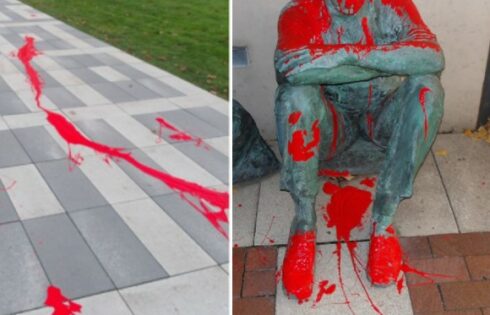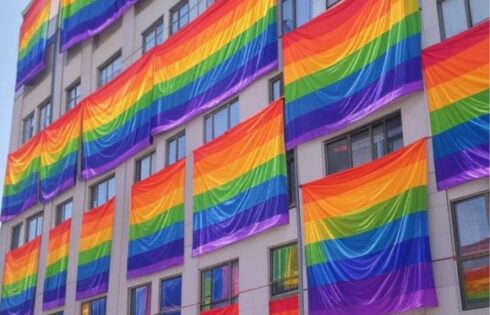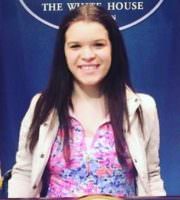
School spent thousands of dollars to teach students to not say ‘gay,’ ‘ghetto’
Over half a decade after an inclusive language program cost the University of Maryland thousands of dollars, there are no signs that the program has been effective; the university has refused to comment on it, and student groups are equally silent on whether it has had an effect on the campus climate.
The university’s Multicultural Involvement and Community Advocacy Program on Inclusive Language began in 2012 with the goal of “educating and creating conversations around language and inclusion on campus.” The University of Maryland invested $15,000 in the campaign at the time.
The program urges students to refrain from words and phrases that might offend certain group. One directive suggests that students refrain from saying “that’s so ghetto,” instead proposing that students use the term “wack” instead.
Six academic years have passed since the university implemented the program, but no evidence has been provided to show those $15,000 were used effectively or that the program has improved campus climate to any degree at all. Officials from the Division of Student Affairs did not respond to multiple requests for comment from The College Fix.
Campus minority student groups, including the Black Student Union and the Black Political Student Organization did not respond with comment on how the program has affected life on campus or whether they were consulted on the project, which claims to be student-driven.
The university has continued to suffer from alleged “hate bias” incidents, which the school characterizes as “acts characterized by some expression of hate or bias against a particular group, or towards an individual because of their membership (or perceived membership) in that group.”
27 hate bias incidents were reported at UMD in the fall 2017 semester alone, according to the student newspaper The Diamondback. At least six of those incidents were logged with the University Police as well as the Office of Civil Rights and Sexual Misconduct. After the rise in reported incidents, 27 in fall 2017, the University of Maryland instituted new reporting procedures and announced intentions to email all students each time an incident was reported.
Last year, meanwhile, the campus was rocked after a black Bowie State University student was killed on the University of Maryland’s campus by a former university student, Sean Urbanski, who is currently awaiting trial on both murder and hate crime charges.
At the time of the inclusive language program’s implementation in 2012, the program coordinators told Campus Reform: “It is easy to accidentally use offensive language, but since you could just as easily be on the receiving end of such language, you should try to ensure that you are not offending others with the words and phrases you use”
In addition to urging students to refrain from the phrase “that’s so ghetto,” the university also suggest students stop themselves from saying “that’s so retarded,” “that’s so gay” and “that exam just raped me,” replacing these phrases, respectively, with terms like “grimey,” “off-base” and “brutal.”
The program also claims that the phrase “he looks like a terrorist” supports “stereotypical beliefs that a group of individuals look like the ‘typical’ terrorist. The phrase does not acknowledge that one cannot not determine if someone is a terrorist just by looking at them. Terrorists come in different forms and assuming that someone is a terrorist could prove to be inaccurate.”
Where the program otherwise suggests an alternate phrase to use, the advice for “use instead” under the terrorist phrase instructs: “[say] nothing, never assume.”
MORE: Catholic university language guide suggests not using terms ‘husband/wife’
MORE: University’s Honor Committee votes to use ‘gender-inclusive language’ in its bylaws
IMAGE: vchal / Shutterstock.com
Like The College Fix on Facebook / Follow us on Twitter






Please join the conversation about our stories on Facebook, Twitter, Instagram, Reddit, MeWe, Rumble, Gab, Minds and Gettr.